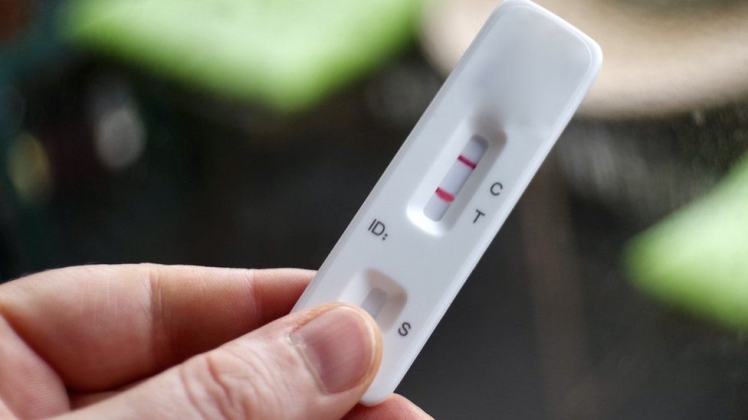Introduction
The COVID-19 pandemic has raised numerous questions and concerns about testing, especially when it comes to the duration of a positive test result. Many people have heard or read about individuals who continue to test positive for the virus long after their initial infection. In this article, we will explore the concept of prolonged positive COVID-19 test results and provide insights into why this phenomenon occurs.
Understanding COVID-19 Testing
To comprehend why someone might test positive for COVID-19 for an extended period, it’s essential to understand the two primary types of tests used to diagnose the virus: molecular (PCR) tests and antigen tests.
Molecular (PCR) Tests: Polymerase Chain Reaction (PCR) tests are considered the gold standard for COVID-19 testing. They detect genetic material from the virus and are highly accurate. They are typically conducted using a nasal or throat swab.
Antigen Tests: Antigen tests are less sensitive than PCR tests and often produce quicker results. They detect specific proteins from the virus and are also administered using nasal or throat swabs.
Prolonged Positivity and the Role of PCR Tests
The phenomenon of prolonged positive COVID-19 test results is more frequently associated with PCR tests. Here are several key factors that contribute to prolonged positivity:
Detection of Virus RNA: PCR tests detect the presence of viral RNA (genetic material) in the sample. This means that the test can pick up remnants of the virus even after the person is no longer contagious or symptomatic. These remnants may be present in trace amounts and not indicative of an active infection.
Dead Virus Particles: The test may identify non-infectious viral particles or dead virus remnants, which can linger in the body for weeks or even months after the active infection has resolved.
Prolonged Shedding: Some individuals, especially those with weakened immune systems, may continue to shed the virus for an extended period. This can lead to positive test results even if they are no longer infectious.
Infectious Period vs. Positive Tests: It’s important to distinguish between the infectious period and the duration of positive test results. A person may no longer be contagious but still have a positive test due to the factors mentioned above.
Clinical Significance
While prolonged positive COVID-19 test results are not uncommon, they generally do not have clinical significance in most cases. The presence of dead or non-infectious virus particles does not necessarily indicate an ongoing infection or risk to others. Most experts agree that individuals who have recovered from COVID-19 and are no longer symptomatic are unlikely to be infectious to others, even if their test results remain positive.
Conclusion
Prolonged positivity in COVID-19 test results is a phenomenon that can occur with PCR tests due to the detection of viral RNA and non-infectious virus remnants. It’s essential to understand that a positive test result does not necessarily mean an ongoing infection or risk to others. As our understanding of the virus continues to evolve, healthcare professionals are increasingly relying on clinical criteria to determine when individuals are no longer contagious. If you have concerns about your COVID-19 test results or your infectious status, it’s advisable to consult with a healthcare provider for personalized guidance.


